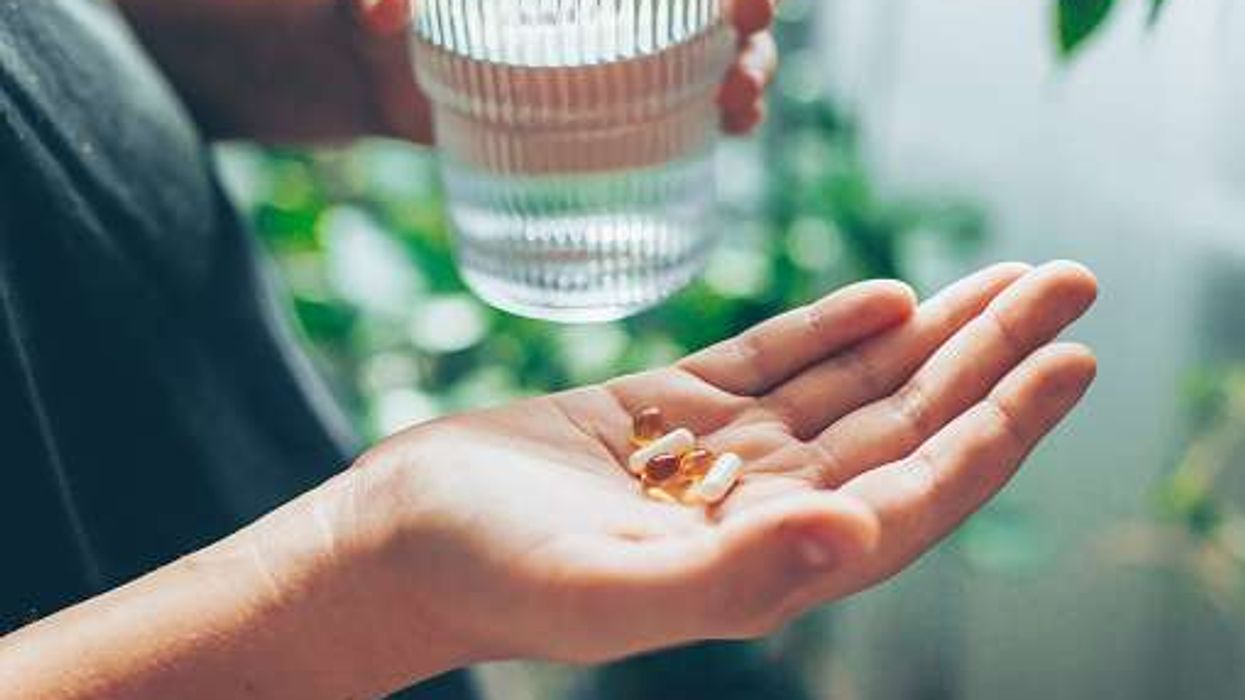The Department of Health and Social Care (DHSC) has launched a new international transport system to expedite delivery of medicines and medical goods that faces risk of shortage.
The International Express Freight Service, the contract for which has been awarded to Kuehne+Nagel International, will ensure rapid movement of medical items when suppliers own logistical arrangements are disrupted.
The “contingency measure” will support supply chain resilience in the UK and mitigate potential shortages.
It will “aim to collect and deliver small parcels within 24 to 48 hours and pallets or shipments within 2 to 4 working days, with specialized products with a controlled or regulated handling requirement fast-tracked within 24 hours,” the DHSC said.
Health minister Edward Argar said: “Our absolute priority is to help ensure NHS patients can always access the treatments they need without delay.
“Global supply chains are unpredictable and our new International Express Freight Service will rapidly transport medical products in shortage to the UK within days."
The service is part of the DHSC’s National Supply Disruption Response (NSDR) Centre and will ensure the continuity of medical supplies to patients in the UK.
Expressing pleasure over supporting the new service, Stuart Innes, air logistics director for UK for Kuehne+Nagel International, said: “We are immensely proud to be providing the logistical support behind the International Express Freight Service for the Department of Health and Social Care, applying our expertise, capabilities and robust global network to transport critical medical supplies.”











